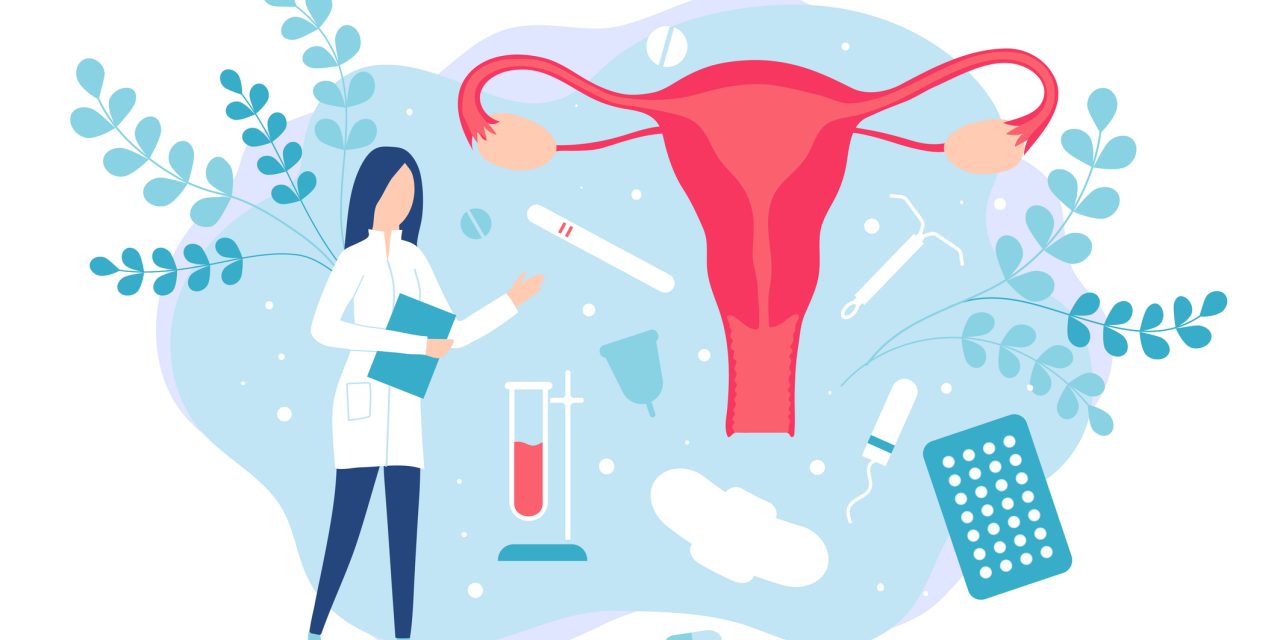The phase 3 RxPONDER trial evaluated the benefit of adjuvant chemotherapy followed by endocrine therapy in women with HR-positive, HER2-negative, early-stage breast cancer and 1–3 positive nodes. Updates results confirm that the menopausal status makes the difference in this population.
The clinical utility of the 21-gene Oncotype DX Recurrence Score in patients with HR-positive, HER2-negative, early-stage breast cancer, and 1–3 positive nodes is well established. The RxPONDER trial (NCT01272037) evaluated the benefit of adjuvant chemotherapy followed by endocrine therapy versus endocrine therapy alone in patients who had a recurrence score (RS) <25. A previous analysis of RxPONDER after a median follow-up of 5 years reported that invasive disease-free survival (IDFS), the primary outcome, and distant disease-free survival (DDFS), a secondary outcome, differed by menopausal status [1]. Now, Dr. Kevin Kalinsky (Emory University Winship Cancer Institute, GA, USA) reported updates on IDFS and DDFS with follow-up of 6.1 years, as well as a distant recurrence-free interval (DRFI) and posthoc analyses in pre-menopausal women. DRFI was defined as time to distant recurrence or death from breast cancer [2]. At a median follow-up of 6.1 years, there were 553 IDFS events among the 4,984 eligible patients. Consistent with the data from the previous analysis, post-menopausal women did not have any IDFS or DDFS benefit with chemotherapy, whereas premenopausal women continued to benefit from chemotherapy, with 5-year absolute benefits for IDFS and DDFS of 4.9% and 2.5%, respectively. In line with these results, chemotherapy improved outcomes in premenopausal patients (absolute 5-year benefit 2.4%), and not in post-menopausal patients. In premenopausal patients with RS 0–13 the absolute benefit was 2.3%; in premenopausal patients with RS 14–25 the benefit was 2.8%. Among the pre-menopausal patients, 12.4% (n=206) had micro-metastatic disease (pN1mi). In a posthoc analysis, there was a trend for chemotherapy benefit for those with pN1mi (HR 0.44; absolute 5-year benefit 7.3%). However, there were only 22 IDFS events. In 1,403 pre-menopausal patients with macro-metastases (pN1), the absolute 5-year benefit of chemotherapy was 4.8%. “This updates analysis of RxPONDER confirms that post-menopausal women with RS <25 do not benefit from adjuvant chemotherapy,” concluded Dr. Kalinsky. “In addition, pre-menopausal women with RS <25 continue to benefit from adjuvant chemotherapy resulting in a 44–46% decrease in IDFS, DDFS, and DRFI events.”
- Kalinsky K, et al. N Eng J Med. December 1, 2021.
- Kalinsky KM, et al. Updated results from a phase 3 randomized clinical trial in participants (pts) with 1-3 positive lymph nodes (LN), hormone receptor-positive (HR+) and HER2-negative (HER2-) breast cancer (BC) with recurrence score (RS) < 25 randomized to endocrine therapy (ET) +/- chemotherapy (CT): SWOG S1007 (RxPONDER). SABCS 2021 Virtual Meeting, abstract GS2-07.
Copyright ©2021 Medicom Medical Publishers


